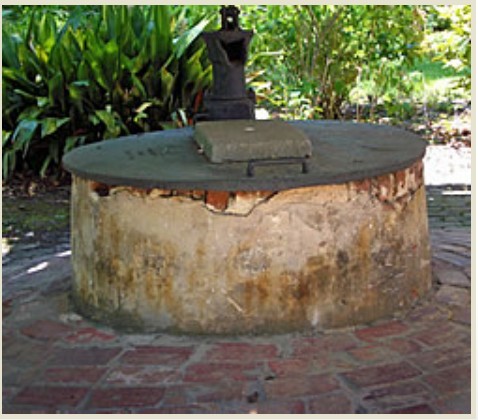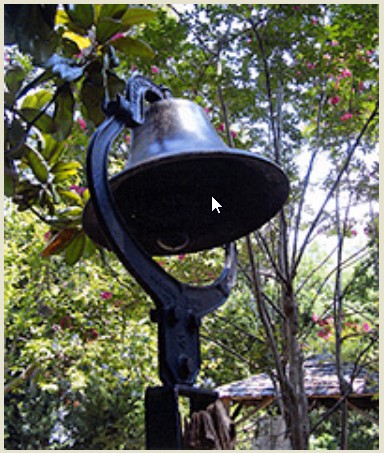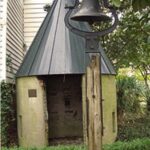The Boyd Property History
Acquisition of the Property
On June 1, 1853, Eliza Ellis Boyd acquired the north four acres of 5-acre Lot 7 North in the City of Jackson. The property was bordered to the east by North Jefferson Street, to the south by the existing fence line, to the west by North Street, and the north by what would later be known as Boyd Street. The deed notes a consideration of $800.

The Oaks – A Southern Urban Farmstead
The Oaks functioned as a typical Southern urban farmstead. The property provided ample space for small farming activities and allowed for the keeping of horses, chickens, and a cow, typical for 19th-century transportation and agriculture. Despite its rural nature, the property was less than a mile’s walk from the center of town.
Development and Sale of Property
Over the years, following the death of James Hervey Boyd in 1877, the Boyd family sold off small parcels of the original land. Today, The Oaks remains in its original location, occupying about half an acre fronting 823 North Jefferson Street. The property still includes the main Boyd House, the cistern, the dairy, and the site of several important outbuildings that have since been demolished. These likely included a detached kitchen, privy, stable, bath house, carriage house, smokehouse, chicken house, greenhouse, corn crib, and others.
The Married Women’s Property Act
In 1839, Mississippi became the first state to pass a law that allowed married women to hold title to property, including slaves, as their separate property. This law was not an effort to recognize women’s civil rights. Instead, it served the interests of husbands who sought to shield their wives’ property from creditors, or fathers who wanted to protect family property from an imprudent son-in-law.
The Panic of 1837 and the resulting instability in the Mississippi economy led to the passage of the Married Women’s Property Act.

James Hervey Boyd’s Financial Struggles
James Hervey Boyd was an active entrepreneur in early Jackson but faced financial difficulties. In the mid-1840s, he lost personal property and the family home (located on Capitol and Congress Streets) to creditors due to an unpaid investment debt. This may explain why he chose to acquire the new homestead in his wife’s name.



